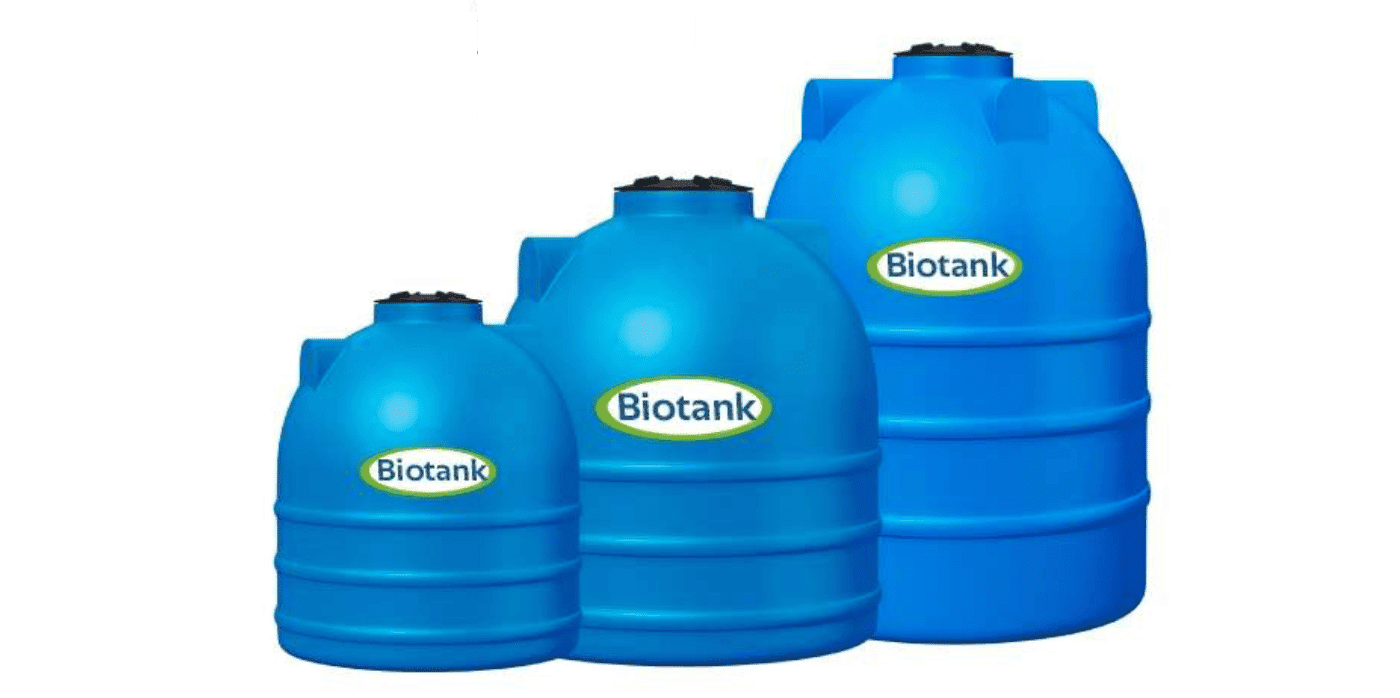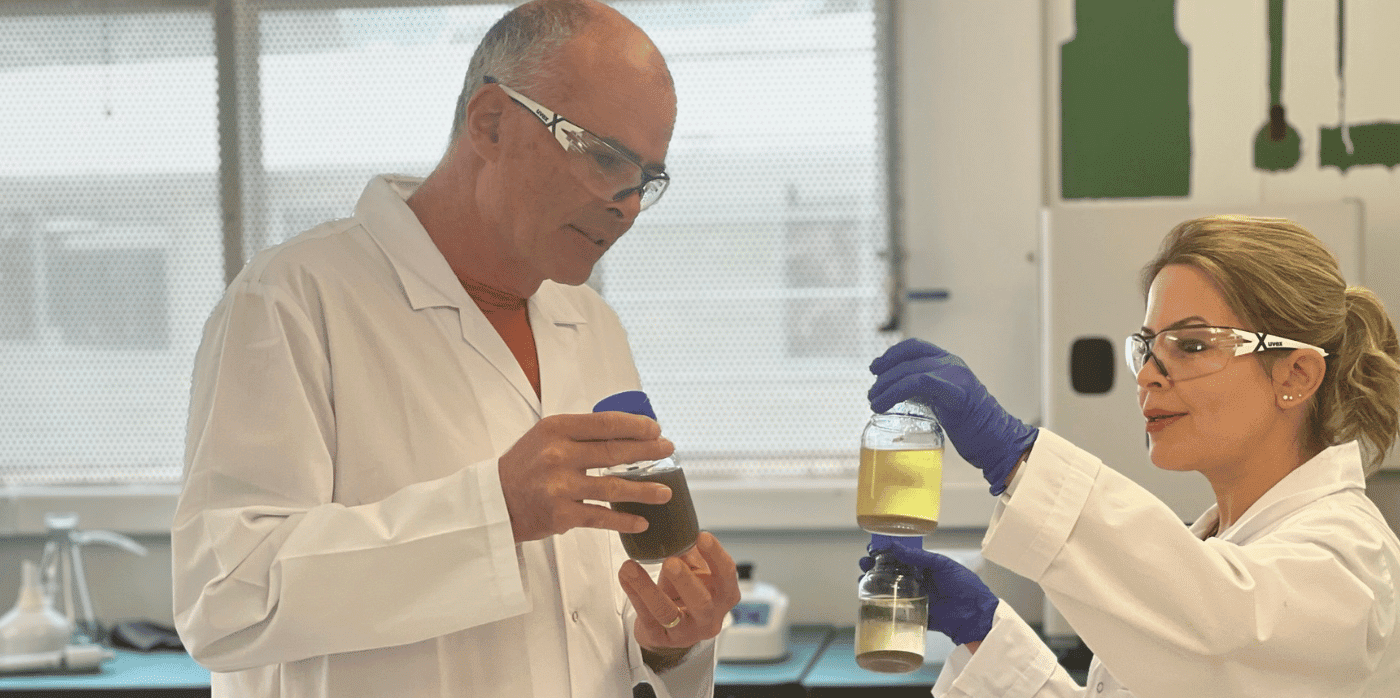Biogas digesters: an affordable solution for clean fuel and fertiliser

Spotted: Analysts expect that almost a third of the world’s population will still be cooking with polluting fuels in 2030. This is bad news for the environment, and threatens the health of those cooking in polluted spaces – a burden that disproportionately impacts women and girls in countries with developing economies.
Nigerian environmentalist and entrepreneur Tunde Adeyemi wants to relieve those burdens and improve the health and wellbeing of rural communities across the African continent. His solution is customised, portable biogas digesters that turn organic waste into electricity, clean cooking fuel, animal feed, and fertiliser. The Kitchen Box is the home solution, and the Bio-Tank is the agricultural version for smallholder farmers.
The digesters are not only affordable, costing one-tenth of current biodigester systems – enabled by artificial intelligence (AI) and produce biogas that is safe and emissions-free. Adeyemi’s company, D-Olivette, produces all parts of a biogas production system, from tanks and bags for transporting the gas to a biogas-powered stove. The digesters take 10 minutes to set up and come with a five-year guarantee.
The Kitchen Box is relatively small at 500 litres, making it suitable for use in diminutive kitchens and cooking spaces. Organic waste is emptied into the container where it ferments into biogas. Once the gas is combusted, it can power super-hot, clean cooking. The byproducts of the process are available for use as organic fertiliser.
The Bio-Tank works the same way and is available in a variety of capacities from 500 to 50,000 litres, and can be designed and sized to bespoke requirements. The tanks are suitable for fermenting farm and human waste, as well as byproducts from food industry businesses. D-Olivette also offers bags for storage and transport of the biogas, making it easy to share and sell the clean fuel.
The accompanying app uses AI to maximise use of the system for each owner and help communities earn carbon credits for emissions mitigation. To make the system easy to implement, D-Olivette offers training on the set-up and use of its biodigesters with every purchase.
D-Olivette recently won the Africa Prize for Engineering Innovation by the Royal Academy of Engineering and has sold more than 4,000 units of the Kitchen Box. The digesters are currently available across Nigeria and Benin Republic, and Adeyemi plans to continue expanding availability of the systems to reach as many rural communities as possible.
Other biogas innovations featured in Springwise’s library include municipal and farming systems for transforming organic waste into fuel.
Written By: Keely Khoury



